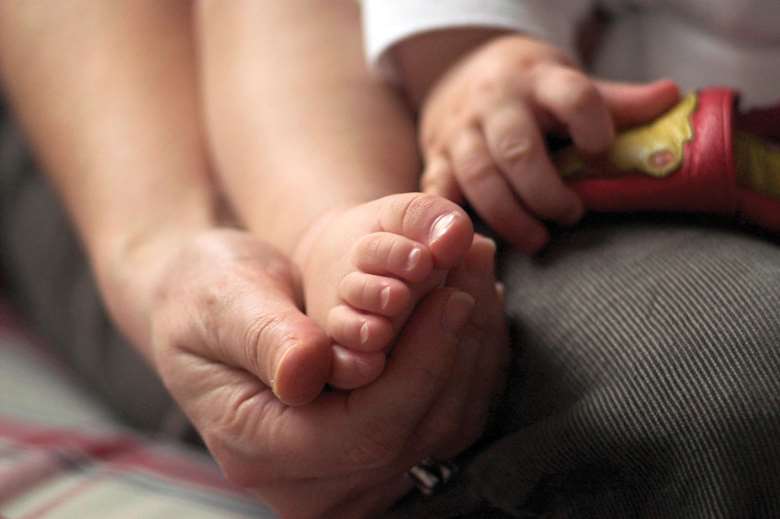Evidence-based research is life saving - I should know
John Freeman
Monday, September 14, 2015

Broadly speaking, up to the start of the present public spending squeeze in 2010, the 1967 Lennon and McCartney lyric "It's getting better all the time" has been a good description of the lives of most children in the UK over the past 60 years. The state of the economy meant that fewer families were in poverty, and when things went wrong, public services were developing that could pick up the pieces. Services were developing evidence-based interventions, new technologies were improving the effectiveness of those interventions and public information and education was increasingly focused on prevention.
Recently, though, we have been seeing worrying signs of backwards moves. As always, personal experiences are particularly powerful, and I always take special interest in infant mortality statistics. On 29 May 1987, our darling daughter, Margaret, died unexpectedly in her cot at the age of seven months. As part of my efforts to understand "why", I started reading up on sudden infant death syndrome and the work of the Foundation for the Study of Infant Deaths (FSID). The FSID has now morphed into the Lullaby Trust but its work continues.
As so often, the collection of evidential data and its systematic use proved decisive. The first national campaign on "Back to Sleep" started in 1991 after it became clear that the evidence showed that babies sleeping on their front - as Margaret was when she died - were at very much greater risk. There are other factors, of course, including people smoking nearby, and excessive room temperature, but overwhelmingly the most important factor is sleeping posture.
While Margaret had none of the other risk factors, she was sleeping on her front, and that, I'm sure, contributed largely to her death. Let me be clear, though. It's in the nature of evidence collection that at some point in time there is sufficient evidence to draw a conclusion - that's true for sudden infant death, and for smoking, sugar consumption and thalidomide. It's in the nature of "things getting better" that, beforehand, things were not so good. Margaret was just unlucky to have been born in the years before the Back to Sleep campaign, which reduced sudden infant deaths by around 70 per cent. Before the campaign took hold, every year perhaps 700 infants died in England and Wales who would not have died had they been sleeping on their backs.
I don't feel at all guilty about our care for Margaret, or angry about the fact that the research had not been done earlier, though we do, naturally, still feel sad for the loss of a life close to us. However, I do feel a sense of urgency that there are still too many unexplained sudden infant deaths in England and Wales.
Looking at the figures released by the Office for National Statistics in August, three facts stand out. First, 2013 is the first time since 2008 that there has been an increase in unexplained infant deaths. Second, there is a strong link to the age of the mother. There is a slightly increased risk for older mothers - over 40 - but I was genuinely surprised to see that there is a large increase in risk for younger mothers - the "all age" average rate per 1,000 live births is 0.36, while for mothers under 20 the figure is more than three times greater at 1.27, with mothers aged between 20 and 24 having a rate of 0.55 - almost twice the risk than for mothers between 25 and 29.
There is also a strong link to poverty, so, for example, the East Riding of Yorkshire has an IDACI (deprivation) score of 12.3 and an unexplained death rate of 0.13 per 1,000, while Enfield's comparable figures are 39.9 and 0.46. There are other factors at play, and it's quite possible that poverty is itself linked to increased pregnancy rates in younger women.
So what do I draw from all this? Obviously, there are too many unexplained deaths, which could be further reduced by continued research supported by public health campaigning and education. I fear, though, that research funding will be under huge pressure in the coming few years, with the spending priority being the "front line". In every area of children's services, practitioners need high-quality research and evidence to inform their practice. Whether it is social care, education or health, until you know the facts you can't know what to do for the best.
John Freeman CBE is a former director of children's services and is now a freelance consultant Read his blog at cypnow.co.uk/freemansthinking




